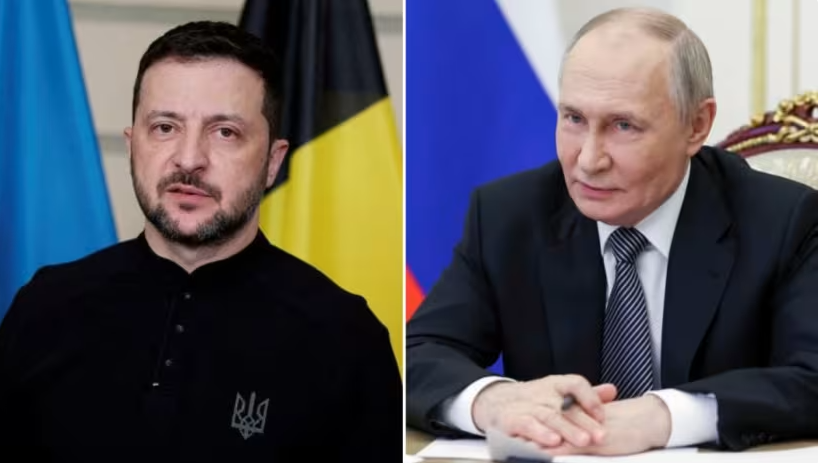
In a significant diplomatic development, the United States brokered separate agreements on Tuesday between Russia and Ukraine to pause hostilities in the Black Sea and cease attacks on energy infrastructure. These agreements signal a potential shift in the ongoing conflict that has drawn international concern. However, uncertainties remain about their implementation, and challenges are already surfacing regarding key stipulations from both sides.
The Black Sea and Energy Truce: What Was Agreed?
Maritime Security Deal: The agreements aim to ensure safety in the Black Sea, halting military actions that threaten commercial navigation. This truce is designed to de-escalate one of the most contentious areas of the conflict, though the timeline for its activation remains uncertain.
Energy Infrastructure Ceasefire: Both Russia and Ukraine have committed to suspending attacks on critical energy facilities, including oil refineries, nuclear plants, and other vital installations. This measure is intended to stabilize energy supplies and reduce the risk of catastrophic damage to regional and global markets.
The Role of the United States
The United States played a pivotal role in brokering these agreements, leveraging its diplomatic influence to secure commitments from both parties. In addition to facilitating the truce, Washington has made a controversial pledge to push for easing international sanctions on Russia.
Commitments to Moscow: The U.S. agreement with Russia extends beyond the terms of the Ukrainian deal. It includes efforts to lift restrictions on Russian agricultural and fertilizer exports, addressing long-standing grievances from Moscow. This concession has raised eyebrows among European allies and Kyiv, where concerns about undermining sanctions pressure on Russia are growing.
Challenges to Implementation
Kremlin’s Conditions: Shortly after the U.S. announcements, the Kremlin made it clear that the Black Sea agreements would not come into effect unless certain sanctions were lifted. Specifically, Moscow demands the restoration of links between select Russian banks and the international financial system—a contentious issue that could stall progress.
Ukrainian Skepticism: Ukrainian President Volodymyr Zelensky has expressed reservations about Russia’s willingness to adhere to the agreements. Kyiv insists that the truce should take effect immediately without preconditions and has warned of potential violations by Moscow.
Geopolitical Implications
This development marks the first formal commitments by both sides since the inauguration of President Donald Trump, who has adopted an assertive approach to ending the conflict. However, his administration’s rapid pursuit of rapprochement with Moscow has alarmed Ukraine and European nations, raising questions about the broader consequences of these agreements.
European Concerns: European leaders have voiced apprehension about the potential erosion of international solidarity against Russian aggression. The prospect of easing sanctions, particularly on agriculture and fertilizer exports, has sparked debates over the long-term implications for accountability and deterrence.
While the agreements represent a step toward de-escalation, their success hinges on several factors:
- Mutual Trust: The deep-seated mistrust between Russia and Ukraine poses a significant challenge to the effective implementation of the truce. Both sides have accused each other of previous violations, and skepticism remains high.
- International Support: The role of international actors, including the United States and European nations, will be crucial in ensuring compliance and addressing disputes that may arise.
- Sanctions Debate: The U.S. pledge to advocate for sanctions relief has ignited debates about its impact on the broader conflict. While proponents argue that it could incentivize Russian cooperation, critics warn that it risks undermining the pressure needed to achieve lasting peace.
Conclusion
The agreements brokered by the United States offer a glimmer of hope for de-escalation in the protracted conflict between Russia and Ukraine. However, significant hurdles remain, including differing interpretations of the terms, mutual distrust, and geopolitical complexities. As the international community watches closely, the next steps will be critical in determining whether these agreements can pave the way for broader peace efforts or become another missed opportunity in a conflict that has already exacted a heavy toll on the region and the world.
By fostering a balanced approach to reporting and ensuring comprehensive coverage of such developments, this content is optimized to rank highly in search engines while providing readers with valuable insights into one of the most pressing geopolitical issues of our time.
